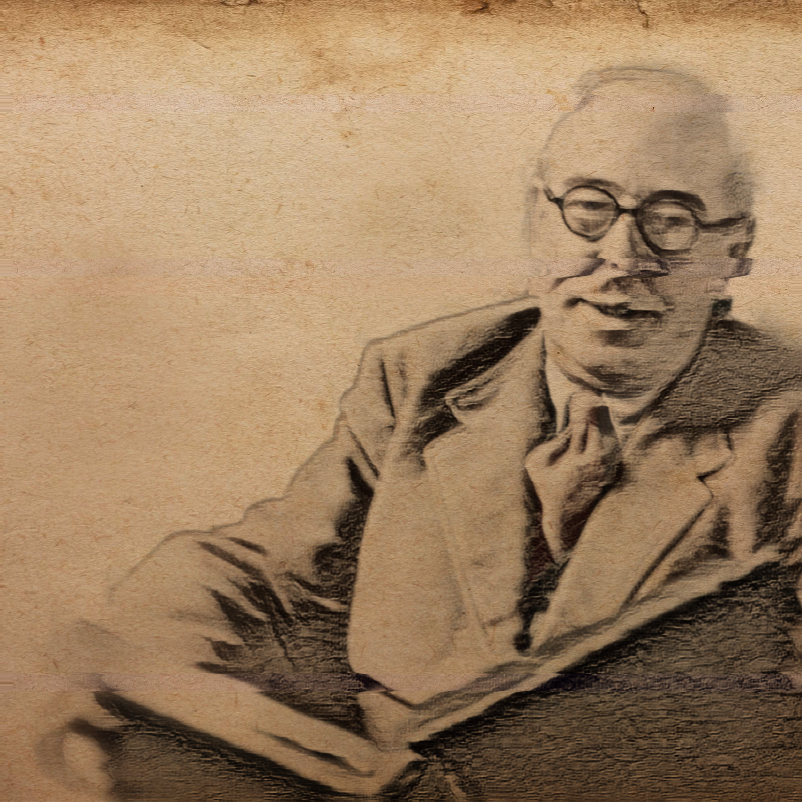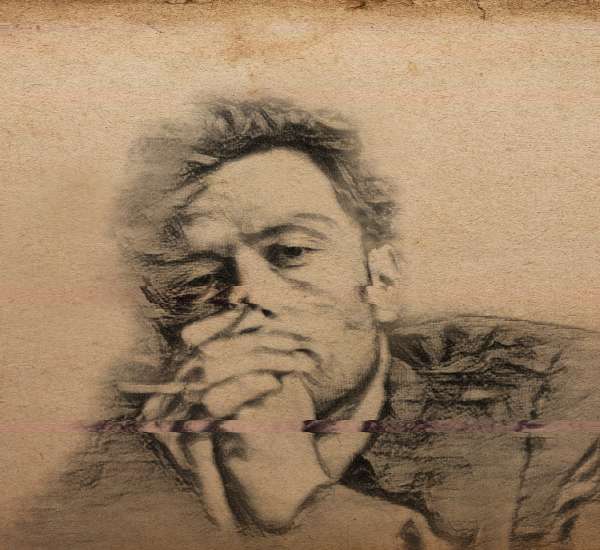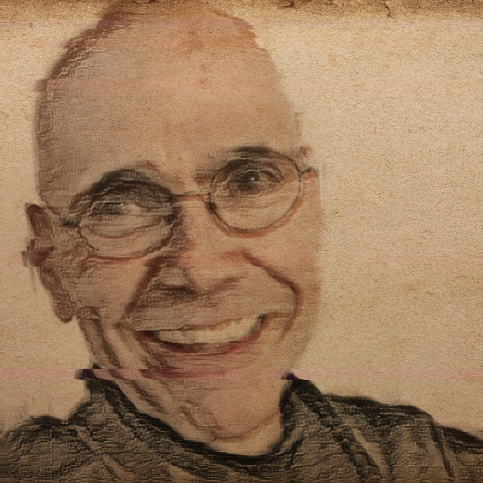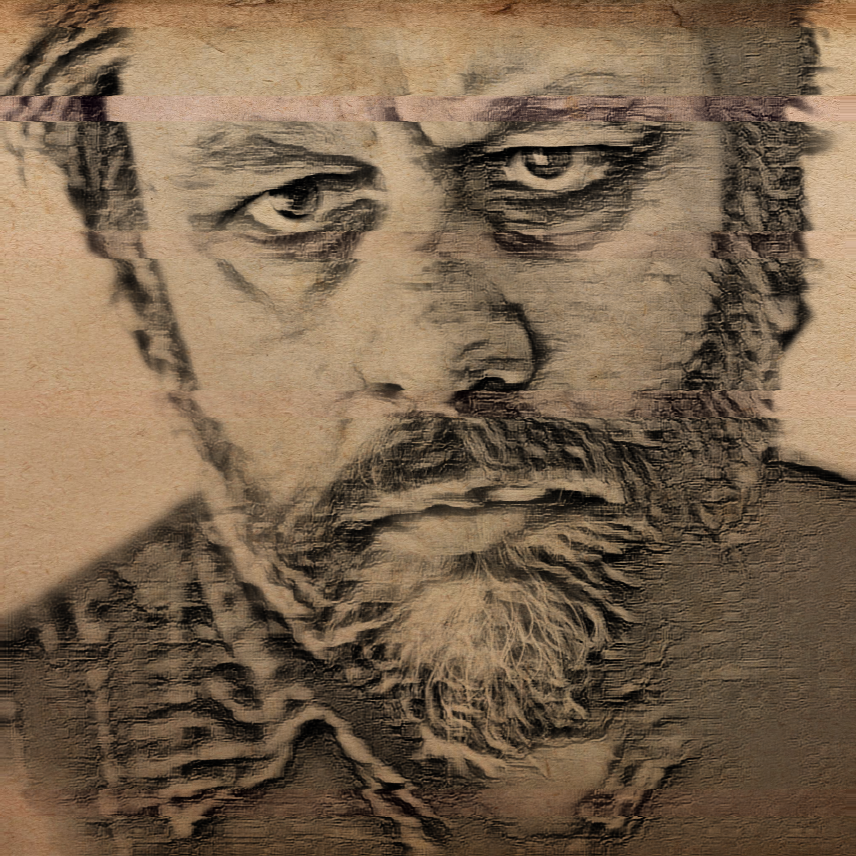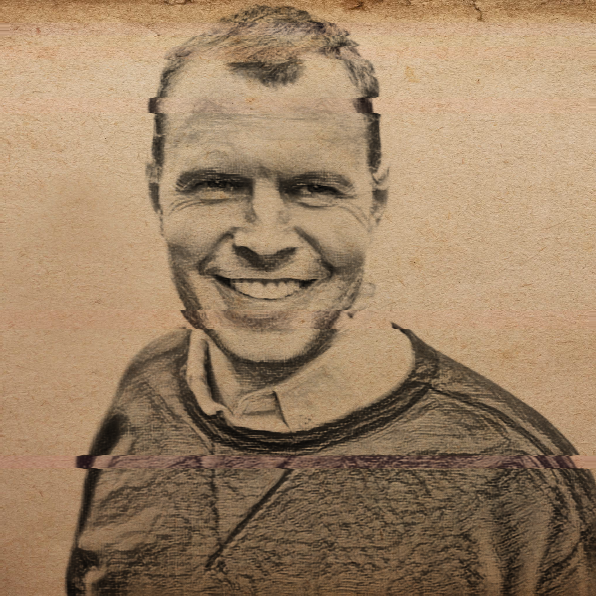This week reflections are a mix that either directly or indirectly offer up a vision of what the Good News of Christianity might mean in the aftermath of the Death of God.
Here we’ll be introduced to a message that transcends the theist/atheist divide, reveals the sacred as the affirmation of the secular, and offers us a salvation from salvation.
We will glimpse a type of absurd faith that finds the highest in the lowest, the lowest in the highest, death in life and life in death. A faith that finds peace in struggle, commitment in the heart of doubt and transcendence in the purely material.
This is an approach that will challenge both the traditional theist and the standard atheist in a vision that calls for a reformation of both.
If the church steeples traditional point towards the Absolute, then the churches of tomorrow will have steeples that point to the earth.
INTRODUCTION | 3RD APRIL
This week we look at what faith might look like in the aftermath of the dialectical journey you have taken. The structure this week could be loosely described as a movement from a type of epistemological unknowing to an ontological unknowing. This means that, in different ways, much of this week’s material revolves around faith as embracing the dialectic, not simply as a means for moving towards the truth, but, move fundamentally, as an expression of the truth.
CATCHING LIGHT | 4TH APRIL
C.S. Lewis will no doubt strike you as a strange addition to the course. While we have included many individuals from within Confessional religious systems, all of them have articulated a form of theological atheism that critiques a more strictly religious theism.
This is not the case with C. S. Lewis. Much of his religious writing is designed to defend a notion of theism that we have been seeing critiqued in previous weeks.
No matter how true this is, Lewis' work, like the work of all great thinkers, is richer and more varied than popular critiques would admit. A great example of this is in a fascinating short story he once wrote called, "Blindness". A huge amount of controversy and mythology surrounds the text itself, and it was never published in his lifetime. Indeed, its final form wasn’t published until two decades after his death. The story itself articulates the danger and madness involved with thinking you can grasp the absolute. I've included a link to a book that goes into depth about the story.
SUPPLEMENTAL REFLECTION
As you read this story, it might help to think of the characters as representing different positions,
The wife as standing in for a type of scientistic position that doesn’t have any tools for conceiving an outside of being
The painter as the a type of superstitious position in which a type of transcendental reality can be directly captured
The man as a seeker who lacks a way of articulating the search
One of Lewis’ closest friends - Owen Barfield - was an anthroposophist, and so some people see this story as a direct critique of his position. Interestingly, Lewis’ target here is not the modern, naturalist position of the wife (which is Lewis’ more usual target), but rather the position of one who would try to capture transcendent reality. In this short story, the danger lies in any position that would claim we can grasp ultimate reality. A claim that has devastating results in the story.
SUPPLEMENTAL MATERIAL
I have included a link to a talk I gave on this short story. As well as a link to the book.
RELIGION IS FOR LOVERS | 5TH APRIL
John Caputo (1940) is an American philosopher who is the Thomas J. Watson Professor of Religion Emeritus at Syracuse University and the David R. Cook Professor of Philosophy Emeritus at Villanova University. Caputo is a major figure associated with Postmodern Christianity, Continental Philosophy of Religion, as well as the founder of the theological movement known as weak theology. Much of Caputo's work focuses on hermeneutics, phenomenology, deconstruction and radical theology.
In the following excerpt from On Religion, Caputo offers an approach to Christianity that transcends belief.
SUPPLEMENTAL REFLECTION
What you’ll encounter in today’s reading is a beautiful example of what might be called Deconstructive theology. Caputo is the most important religious interrupters of the philosopher Jacques Derrida - as well as being a world-class philosopher in his own right - and this excerpt offers a wonderful example of the theology that arises out of this expertise.
In this piece you will see how Caputo carefully and playfully deconstructs a simple phrase by Augustine to draw out something that can be called the ‘un-deconstructable’. The un-deconstructable is a type call or event that we respond to - that we are caught up in - but that we cannot name. For Caputo, when Augustine writes, ‘what do I love when I love my God’, he shows the reader that he is already immersed in something that he can’t quite grasp. He has doubt at the level of thought, but not at the level of desire. In this way Caputo locations religion at the level of love rather than belief.
If you like this reflection, you’ll love the rest of the book, as Caputo is not only a brilliant philosopher, but an incredibly gifted writer.
Supplemental material
I’ve included the link to the full book.
THE FERTILE FLOWER OF THOUGHT | 6TH APRIL
Evald Ilyenkov (1924 – 1979), is known as one of the greatest of the Soviet philosophers. Under Stalin, free thought suffered, however there were many subversive and original thinkers working at that time, often falling foul of the authorities. Among the greatest of these subversive thinks stands Ilyenkov, who did important original work on Hegel, Marx and Dialectical Materialism.
Ilyenkov would ultimialty take his own life at a time when he was being increasingly isolated and attacked by the intellectual establishment The following excerpt is from a brilliant piece of speculative philosophy called Cosmology of Spirit. It was written in the 1950s, but was only published after his death, because it was judged too heretical to be released. Described by the author as a “philosophical-poetic phantasmagoria”, the essay is a highly speculative vision that offers up a beautiful and tragic picture concerning the cosmic vocation of thought. Namely to eventually sacrifice itself to nature in an altruistic act of immolation that sparks off the rebirth the universe.
SUPPLEMENTAL REFLECTION
I wanted to include the amazing speculative work of Ilyenkov because it offers one of the most interesting and innovative ways of giving a type of cosmic meaning to life that doesn’t rest on any kind of religious beliefs.
Ilyenkov, with the help of some scientists, gave a vision of the universe that is as tragic and masterful as the greatest of the Greek myths.
The argument goes that the universe is hurtling towards a cold-death via the inexorable process of entropy. Along the way, the universe gives birth to life, and that life gradually becomes conscious, then self-conscious.
This self-conscious life slowly develops both technologically and morally. From the technological standpoint, it eventually gets to the point where it can great a machine that effectively reverses time by reversing the flow of entropy. This means that the universe can be saved from its cold death by contracting into itself in what some scientists call a ‘Big Crunch’. From here, the universe can then explode again and the process repeats.
From the moral standpoint life must not only advance to god-like abilities via technology, but must also evolve into a truly altruistic form that is willing to sacrifice itself to start the entire process of creation off again.
Because he thinks that the Capitalist system would never create such selfless creatures he calls this morally advanced life ‘cosmic communism’. The cosmic communist is the one who is willing and able to sacrifice everything for the rebirth of the universe itself.
Strangely, the week that I first read this article was the same week that some Russian scientists claimed to have reversed entropy, effectively reversing the flow of time.
SUPPLEMENTAL MATERIAL
I’ve also included the full article from which the excerpt is taken, a commentary, a talk by Slavoj Zizek entitled The Parallax of Ontology and an episode of The Fundamentalists where I talk about the article. Zizek’s talk is quite theoretical in parts, but is well worth wrestling though. It is also a talk where he speaks on this article by Ilyenkov.
THE SATISFACTION OF LOSS | 7TH APRIL
Todd McGowan is a film and cultural theorist who employs a (Lacanian) psychoanalytic frame to analyze cinema and political life. He is the author of numerous books, including Capitalism and Desire and Enjoying What We Don't Have. McGowan has become one of my favorite contempoary theorists. He is able to write in an accessible way that provides deep insight into contemporary life. Both McGowan and I operate from the within the same theoretical network.
The following is an episode from the podcast Philosophy in the Real. In this interview he talks about his book Emancipation After Hegel, a work that can help to clarify some of the moves central to pyrotheology.
SUPPLEMENTAL REFLECTION
While McGowan has rarely tackled theological ideas head on (with the possible exception of Emancipation After Hegel) his work sits squarely in the world of Radical Theology.
His project emanates from the work of Hegel, who many consider to be one of the greatest philosophers who ever lived. While Hegel is primarily seen as a titan within philosophy, his project is profoundly theological.
For McGowan, there is a type of contradiction operating at the heart of thought and being. This contradiction takes different forms at different times in history, and our attempts to overcome it result in transformations both in the world and in the way we understand the world.
Using the work of Hegel, McGowan argues that the best of religion offers a way for people to encounter this contradiction and embrace it, rather than attempting to flee it in philosophies of oneness.
Supplemental material
Below is a link to the book Emancipation after Hegel and a link to a series of five short reflections Todd McGowan did that explore the central themes of the book. I’ve also included a great essay by McGown that covers his central position on Hegel and Contradiction.
ONLY AN ATHEIST CAN BELIEVE | 8TH APRIL
Slavoj Žižek (1949) is a Slovenian psychoanalytic philosopher and cultural critic. His work is located at the intersection of a range of subjects, including continental philosophy, political theory, cultural studies, psychoanalysis, film criticism, and theology.
His writing spans dense theoretical polemics, academic tomes, and accessible introductory books; in addition, he has taken part in various film projects. His idiosyncratic style, popular academic works, frequent magazine op-eds, and critical assimilation of high and low culture have gained him international influence and a substantial audience outside of academia. In 2012, Foreign Policy listed his on its list of Top 100 Global Thinkers, while elsewhere he has been dubbed the "the most dangerous philosopher in the West".
The following talk is a brilliant, though difficult reflection on the nature of belief and the place of atheism in theology.
SUPPLEMENTAL REFLECTION
Arguably one of the most influential living philosophers, the work of Zizek has had a profound impact on a number of disciplines, including philosophy, psychoanalysis, political theory and theology.
It’s hard to know what to include of Zizek’s work, because he has written so much and has given so many profound lectures. Indeed he is probably the most prolific intellectual working today.
After some thought, I landed on his lecture ‘Why Only an Atheist Can Believe’ because it offers a nice introduction to his more theological work. However, another reason for choosing this lecture relates to it’s context. Zizek was invited to Calvin College to deliver this talk. This was surprising because, although Zizek’s work is profoundly theological, it is deeply critical of Confessional Christianity. The talk drew a huge amount of attention, and the lecture hall was overflowing with students eager to hear him speak.
When listening to this lecture, I’d recommend that you pay particular attention to how he goes through different forms of belief. While Zizek always takes fascinating detours in his talks and lectures, they are almost always much more focused than people imagine. In this seminar, he systematically presents and interrogates the different types of belief that humans engage in, before outlining a form of belief that he sees as central to the Christian legacy.
SUPPLEMENTAL READING
I’ve included a link to a podcast that brings together many of Zizek’s talks, as well as a more in-depth talk of his on theology. I have also included a link to a series of talks I gave on Zizek’s theology. The password for my course is: Christology.
AT LAST | 9TH APRIL
Phil Harrison is a Northern Irish writer and filmmaker whose first short, Even Gods won Best Short Film at a number of international film festiavals. Phil's first feature The Good Man starring Aidan Gillen was shown at Belfast Arts Festival, Cork Film Festival and Dublin International Film Festival in 2013.
This parable was written as Phil was leaving behind the Christianity of his youth. Yet, like Bazan's album, Curse Your Branches, the parable captures a complex and interesting relationship between fidelity and betrayal, leaving and returning, turning from faith and turning towards it.
SUPPLEMENTAL REFLECTION
Harrison is a close friend who I’ve known for many years. In his youth, he was a deeply committed Christian who dedicated his life to working for the local church. He was particularly impacted by Liberation Theology, and worked hard on projects concerned with peace and reconciliation. It was during this time that I first met him, as I was also working for a church at the time.
There are a particular set of characteristics that often mark the best men who come from Northern Ireland. They posses a profound sense of independence, a deep-seated integrity, an indifference to the need for praise and an ethical commitment aimed at doing the right thing, regardless of the consequences. And these characteristics define Harrison more than most.
I say this to give a little context for todays reflection. The parable marks a point when Harrison made the difficult decision to leave Confessional Christianity. This was not something he took lightly, and it was a difficult move. But he did it because - through study and reflection - he came to question the institution he had served.
However, this departure turned out to be a type of theological turn. For, in leaving the church of his youth, Harrison’s later work as an author and director has a profoundly theological dimension. Indeed, he now feels himself more aligned with the Christian tradition than he was in his youth.
Harrison’s position is a beautiful concrete example of the type of wide religious commitment spoken of by Paul Tillich, one which is not narrowly constrained to some particular sect, doctrine or denomination, but that is rather expressed in a life given over to Ultimate Concern.
SUPPLEMENTAL READING
I’ve included a link to Harrison’s debut feature film The Good Man, and his debut novel The First Day.
We’ve created a zoom room for people to reflect on their experiences of the course. There will also be facilitators in the room who might direct some activities. This starts at 11:30am PST (7:30pm GMT) and runs every Saturday. It is facilitated by Kate Burgess. Click the link to join (PW: Coffee).


